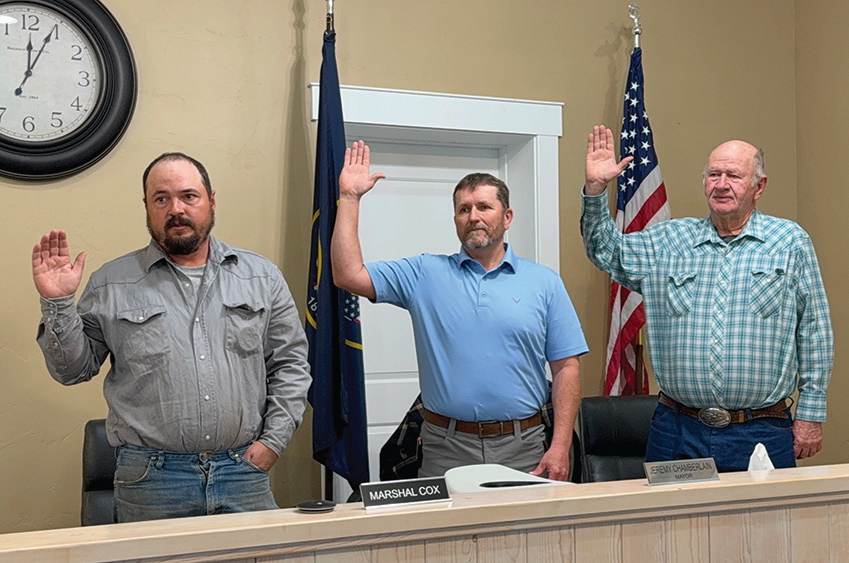Kanab High Alum publishes grief and coping with loss workbook, donates two copies to the school
- Ty Gant

- Apr 16, 2025
- 3 min read
“It was really important to me to start with KHS,” Says Lilliana Rogers, Kanab native and KHS alum, “because that’s where I was going when I lost my dad.”

Rogers’ father was diagnosed with cancer when she was 15, and passed away when she was 16, starting a grieving process that Rogers describes as devastating and lonely. “It felt like being in a rural community, there were no resources for grieving youth. I found myself wandering down the wrong paths to cope, as a result of a lack of accessible resources, a lack of support or help during loss. My family was grieving too, it was hard to place the expectation on them while they were grieving on their own … I struggled with depression, substance use, loneliness …
“After all of that, I just remember my dad’s words, ‘You never know how the birds sing, the wind blows, how the sun shines, until you’re dying,’ and thinking ‘No, you’re going to make it, you’re not dying, come on.’ I think about my dad’s words, and it set this spark in my mind, I went down a path of learning about psychology, mental health, grief and healing … once that spark was set, I was on a mission to help other kids who are grieving, I never want another kid, especially kids in rural areas, to feel alone in their struggles.”
Rogers obtained her bachelor’s in psychology with a minor in Communication from Utah Tech University, and while there, she penned a grief-counselling workbook called “The Dead Dads Club,” designed to help individuals who have lost their parents, especially youth who lost them early in life. Rogers donated pilot copies of her book to her alma mater high school in Kanab; “Dead Dads Club” and its counterpart “The Dead Moms Club,”
“They’re very bright,” says Rogers. “I’ve read a lot of workbooks like these, mine certainly aren’t the only ones out there … but I’ve found them very sterile. As a teen, I didn’t want to crack open these very clin- ic, cold, white coping books. I designed mine with very bright colors, and you can expect a little bit of grieving humor, maybe a little macabre. It was important for me to be able to laugh, it’s tasteful and not disrespectful, but it was important for me to be able to laugh again during my process, and I wanted a way to help people do that too.”
According to Rogers, her priority when writing her books was a focus on research-based techniques proven to help to cope with loss, like processing guilt, memorial activities, traditions and holidays, mindfulness and coping with insensitive communication from others.
“I wanted my books to be not only a private place to put your grief, but also to seek community with others,” says Rogers.
When asked how long the workbook might take to complete, and by extension how the grieving process itself could take for different people, Rogers responded “The grieving process doesn’t ever really ‘end.’ Once you’re touched by grief, you’re a different person shaped by that experience. If grief is like a little ball bunched up in your stomach, a lot of people think that over time that ball will get smaller; but I think over time it’s more like our lives morph and change around the ball till it fits better. These coping mechanisms make the lifelong journey of grief bearable.
“The book has 212 pages … you don’t have to go through them in order, and everyone can do it at their own pace. One page a day means you’re done in a little less than a year.”
Rogers is pursuing further avenues for distribution, including local resources like mortuaries and funeral service providers, in addition to the regular methods of publication. She can be contacted directly on “The Dead Dads Club” Facebook page, or a copy of the book can be purchased on Amazon. Rogers is currently pursuing graduate school and is looking to become a grief counselor.




